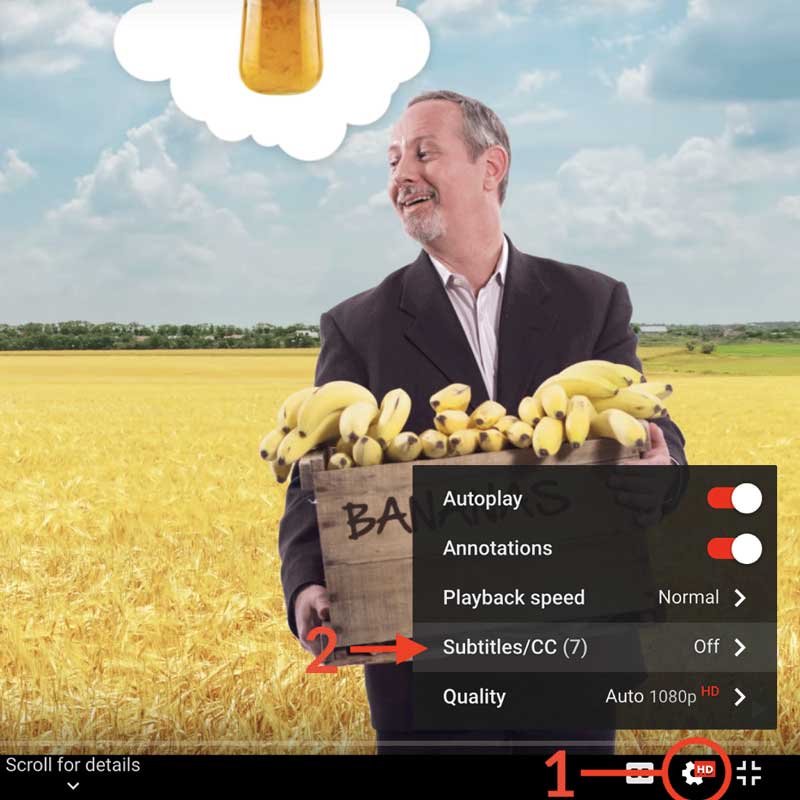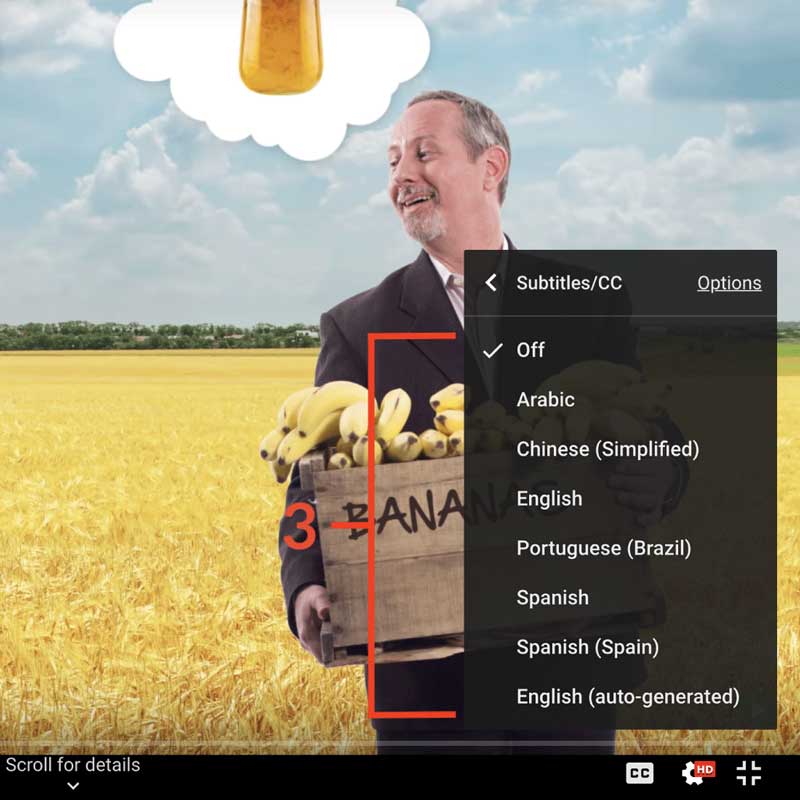Public Goods and Asteroid Defense
Course Outline
Public Goods and Asteroid Defense
While the probability of an asteroid hitting the planet is very low, its effect would be disastrous for all of us. So, who should pay for asteroid protection? A good like asteroid defense — a public good, meaning it’s nonexcludable and nonrival — has some unusual properties that challenge markets. We explore the curious case of public goods in this video and others in this section.
Teacher Resources
Related to this course
See all Teacher Resources related to this course
Transcript
The world nearly ended on September 29th, 2004. That's when the asteroid Toutatis narrowly missed the planet. An asteroid wiped out the dinosaurs and it could end humanity as well. In fact, your probability of dying from an asteroid strike is about the same as your probability of dying from an airplane crash.
Now, the probability that a big asteroid will hit the planet is very low, but if one does hit, it's probably going to kill everyone. So the risk is actually much higher than it appears. So can the Invisible Hand protect us from asteroids? Sadly, no. A good, like Asteroid Protection, has some unusual properties that challenge markets. If you pay for a pair of jeans, for example, then you get the exclusive use of those jeans. And if you don't pay, you are excluded from using those jeans. That's pretty obvious.
But Asteroid Protection is different. Asteroid Protection is non-excludable: even people who don't pay will be protected. So, think about whether you want to pay for Asteroid Protection. Your payment is probably not going to make a difference between a successful and an unsuccessful defense. So there are really only two cases to consider: either enough other people pay so that you are protected, or enough other people don't pay so that you aren't protected. Either way, whether you pay or not doesn't determine whether you get the protection or not. But paying does determine whether you get the jeans. Faced with this logic, many people may decide to buy the jeans and try to "free ride" on the kindness of others who pay for Asteroid Protection.
But if lots of people free ride, then no one is protected, even if asteroids threaten everyone. Asteroid Protection is an example of what economists call a public good: a good that is non-excludable and also non-rival, meaning that it doesn't cost more to protect more people. We will be looking at more non-excludable, non-rival goods, the challenges these goods give to markets, and the options for providing these goods in the next video.
Subtitles
- English
- Spanish
- Chinese
- Hindi
- French
- Arabic
Thanks to our awesome community of subtitle contributors, individual videos in this course might have additional languages. More info below on how to see which languages are available (and how to contribute more!).
How to turn on captions and select a language:
- Click the settings icon (⚙) at the bottom of the video screen.
- Click Subtitles/CC.
- Select a language.


Contribute Translations!
Join the team and help us provide world-class economics education to everyone, everywhere for free! You can also reach out to us at [email protected] for more info.
Submit subtitles
Accessibility
We aim to make our content accessible to users around the world with varying needs and circumstances.
Currently we provide:
- A website built to the W3C Web Accessibility standards
- Subtitles and transcripts for our most popular content
- Video files for download
Are we missing something? Please let us know at [email protected]
Creative Commons

This work is licensed under a Creative Commons Attribution-NoDerivatives 4.0 International License.
The third party material as seen in this video is subject to third party copyright and is used here pursuant
to the fair use doctrine as stipulated in Section 107 of the Copyright Act. We grant no rights and make no
warranties with regard to the third party material depicted in the video and your use of this video may
require additional clearances and licenses. We advise consulting with clearance counsel before relying
on the fair use doctrine.



